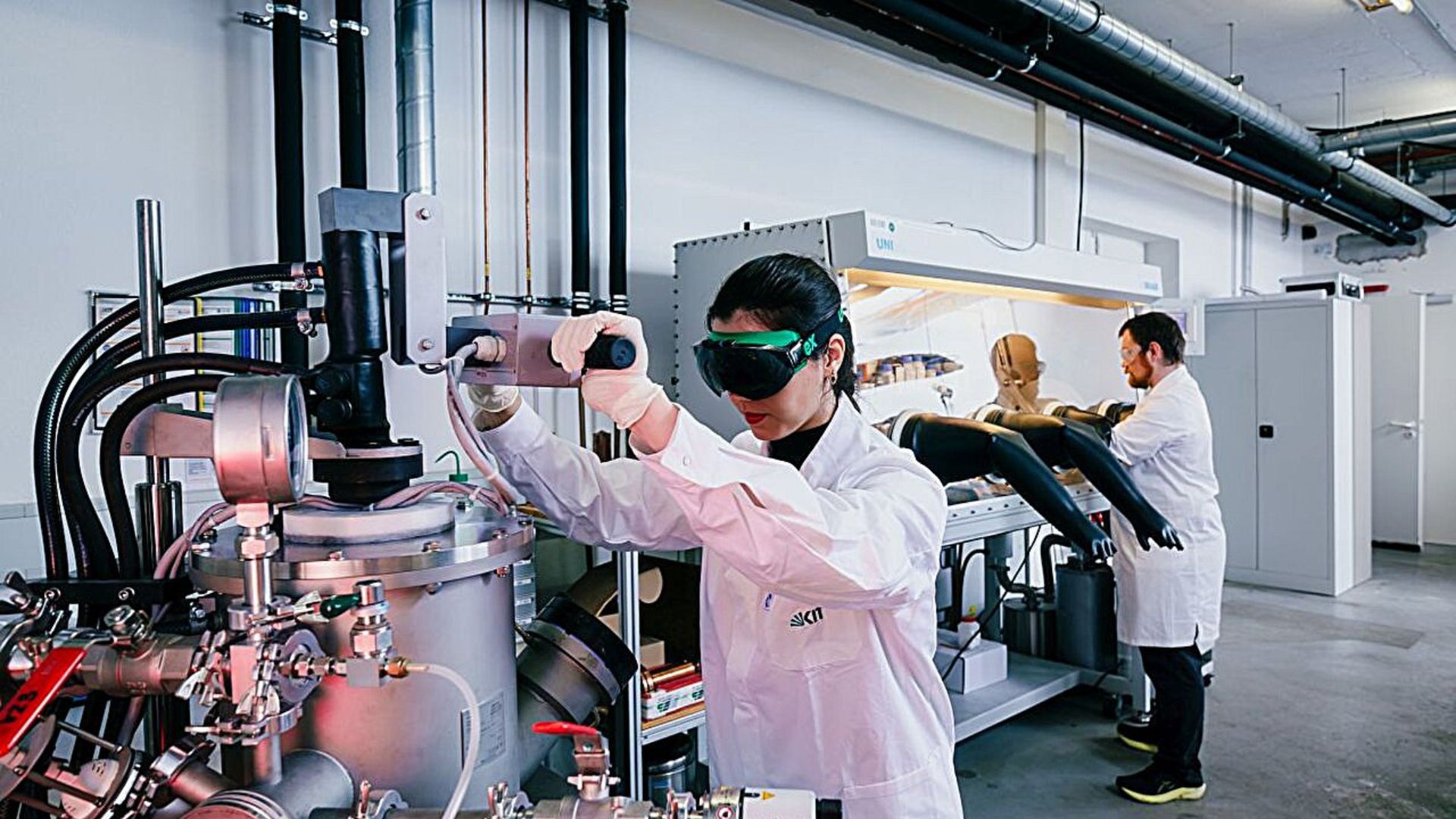New 3,632°F-resistant alloy could slash fuel use in planes, turbine

Source: interestingengineering
Author: @IntEngineering
Published: 10/10/2025
To read the full content, please visit the original article.
Read original articleResearchers at the Karlsruhe Institute of Technology (KIT) in Germany have developed a novel chromium-molybdenum-silicon alloy with a melting temperature of about 2,000°C (3,632°F), offering unprecedented high-temperature stability and ductility at room temperature. Unlike traditional refractory metals that are brittle and oxidize rapidly at elevated temperatures, this new alloy oxidizes slowly even in critical temperature ranges, potentially enabling components to operate safely at temperatures well above the current limit of 1,100°C (2,012°F) set by nickel-based superalloys commonly used in aircraft engines and gas turbines.
This breakthrough could significantly improve fuel efficiency in aviation and power generation, as increasing turbine operating temperatures by just 100°C (180°F) can reduce fuel consumption by approximately 5%. Given that long-haul flights will continue to rely on jet fuel for the foreseeable future, the alloy’s ability to withstand higher temperatures could help reduce fuel use and CO2 emissions, supporting environmental goals. While
Tags
materialshigh-temperature-alloysrefractory-metalsaircraft-enginesfuel-efficiencygas-turbineschromium-molybdenum-silicon-alloy